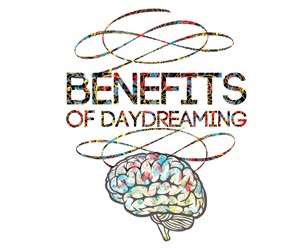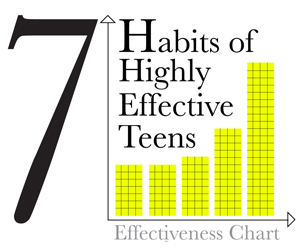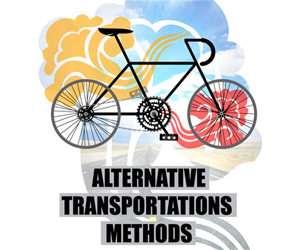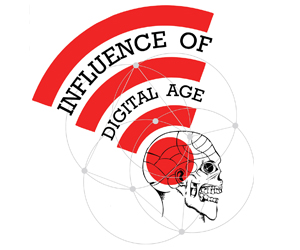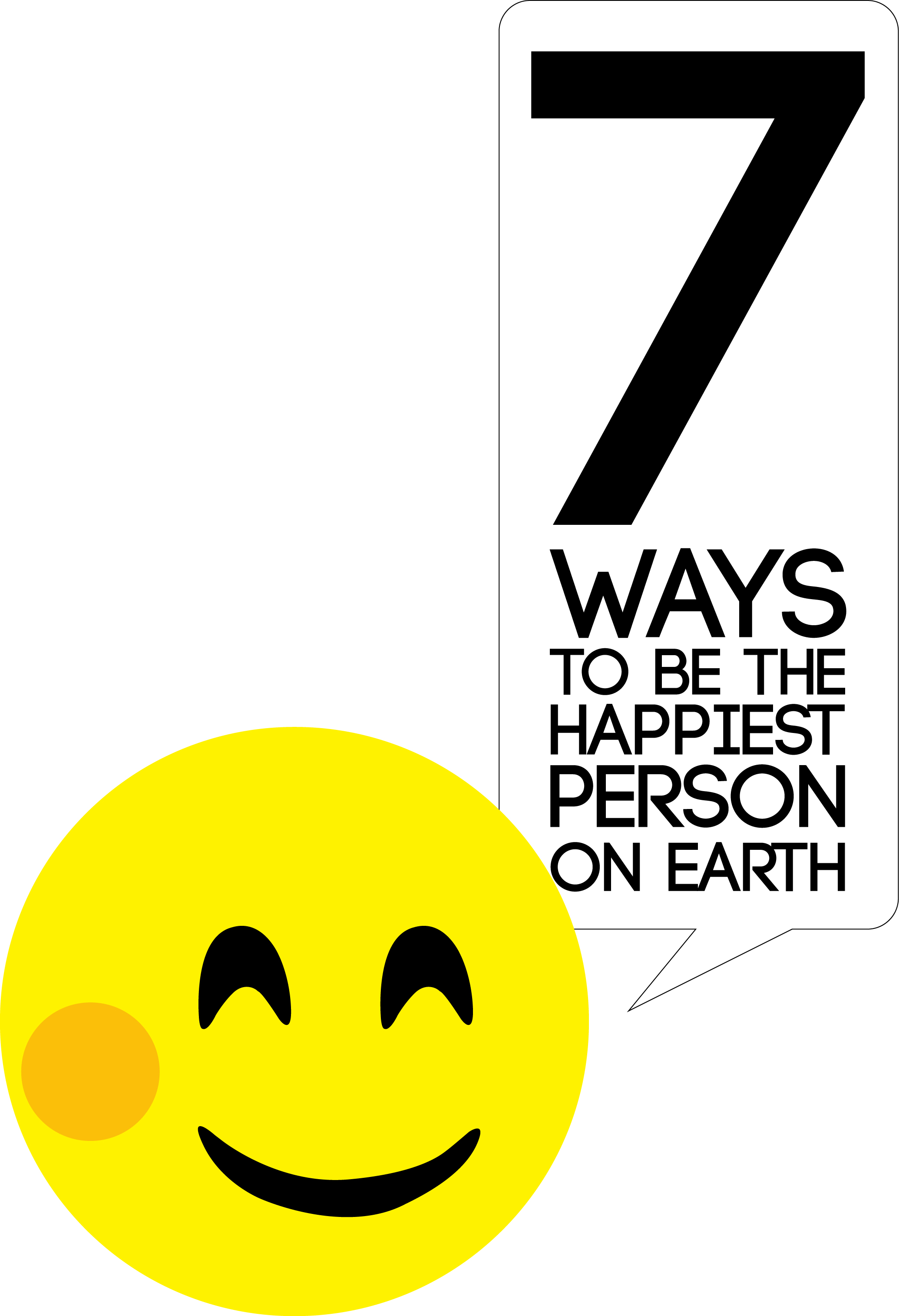 Adapted from Maria Brilaki’s 7 Scientifically Proven Ways to Be the Happiest Person on Earth
Adapted from Maria Brilaki’s 7 Scientifically Proven Ways to Be the Happiest Person on Earth
In her book, ‘The How of Happiness’ by Sonja Lyubomirsky, professor at the University of California, Riverside, Sonja presents seven scientifically proven ways that you can become the happiest person on earth.
-
Practice gratitude once a week.
Expressing gratitude, or counting your blessings, will make you happy and improve your health. In her research the author asked participants to keep a gratitude journal and contemplate five things that made them feel grateful. They would start the exercise by saying “This week I’m grateful for…”. By the end of the experiment they felt much happier. You’ll find yourself looking forward to counting your blessings once a week!
-
Make friends and invest in your relationships.
Happy people are renowned for their circle of friends, their relationship with their family, and their loving marriage. The positive effect of friends and close relationships on your level of happiness does not reduce over time. This means that you should make time for your friends, express appreciation and make them feel good, be kind, and just have fun with them. You’ll be happier in doing so.
-
Become a stress resilience ninja.
Happiness is not just about feeling good all the time. Happy people also recover from bad situations and stress more quickly. They are the stress resilience ninjas! For example, one study found that the life of breast cancer survivors had been altered for the better after the disease! The women said that their illness was a wake-up call that made them re-prioritize their life for the better. They found the good in the bad. The next time something bad shows up in your life, ask yourself what you can learn from it.
-
Take care of your body.
Aerobic exercise has been proven to have the same benefits on depression as taking an anti-depressant medication. Exercise can cheer you up and work miracles in your happiness!
-
Take care of your soul.
The numbers speak for themselves:
- 47% of people who report attending religious services several times a week describe themselves as “very happy”.
- Just 28% of people who attend less than once a month can claim the same.
The numbers show that the social support and the sense of identity that people get from belonging to a group, religious or not, can boost happiness. Still, religious people who believe that the divine is helping them are three times more likely to be alive six months after a serious cardiac surgery. One way or another, it seems that religious people definitely score some happiness points.
-
Commit to your (intrinsic) goals.
People who strive for something personally significant, like raising a family, learning a new skill, or even changing careers are happier. The author explains that pursuing goals provides us with a sense of purpose and a feeling of control over our lives. Intrinsic goals are the ones meaningful to you, the ones that allow you to grow and be more. An example is working on a skill because you want to become better. Extrinsic goals, are usually a means to an end – like working hard to earn more money – and might not be as effective. Research is crystal clear: Intrinsic goals are much more likely than extrinsic goals to give a sense of competence and autonomy, and hence, make you happier.
-
Enjoy life’s pleasures to the fullest!
Researchers have even come up with a word that describes enjoying life: savouring.
“Savouring: Thoughts or behaviours capable of generating, intensifying, and prolonging enjoyment”
For example, when you take a walk and suddenly think about how beautiful everything around you is, you are savouring. The benefits of savouring are that you are more confident, and you are enjoying every small or big that life has to offer to the fullest.
There you have it. Seven ways to become the happiest person on earth. Are you doing any of these? What changes will you make today?











